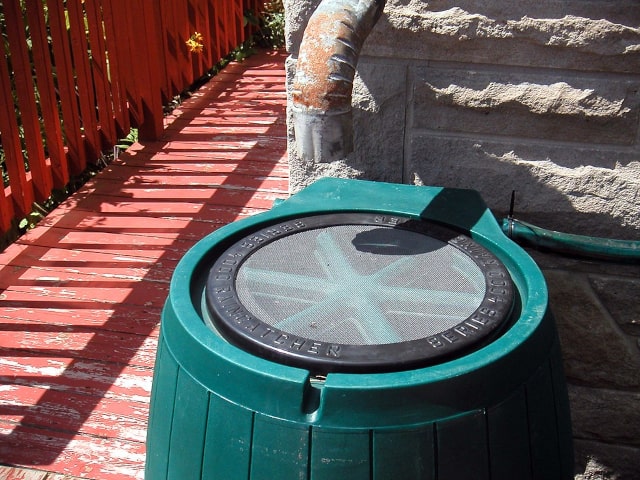
Rain barrels are effective devices for watering your garden or lawn. They have been growing in popularity because they are very effective when it comes to saving water or lowering water bills. Many homeowners choose this method of watering their plants because it brings many advantages. In addition to lower bills, rain barrels are also a good choice because they make plants and soil healthier, since rainwater doesn't contain chemical additives commonly found in tap water.
A rain barrel is any container, usually between 50 and 80 gallons in size, used to collect and store captured rainwater which drains from a roof. It is usually needed about 1/2 inch of rain to fill a 50 gallon barrel.
Rain barrels have a spigot made for filling watering cans and a connection for a soaker hose.
Additional Tips for Using Rain Barrels
- There are a few things to keep in mind when using rain barrels:
- Always keep your rain barrel covered with a lid in order to prevent algae growth or mosquito breeding.
- Ensure that the rain barrel has a tight connection where the water enters the barrel.
- Your rain barrel should have a screen to keep out debris.
- Never use rain barrels to collect water from roofs containing asbestos.
- If you believe there are roof contaminants, empty first collected water.
- Use collected water for plants only. It's not for human consumption and often not even for animal consumption.
- You can use multiple barrels to maximize rain capture.
Main Advantages
There are a few important advantages of using rain barrels to water your garden and houseplants:
Rain barrels save money. They can significantly lower your water bills. Your water bill will probably rise in the summer. By using a rain barrel, you can effectively save about 1,300 gallons of water during the growing season. Rain barrels will provide free water for your plants. You won't have to rely on the city's water supply.
Healthy plants. Tap water contains many harmful chemicals, such as inorganic ions and fluoride compounds. They easily accumulate in the soil and they can harm microorganisms in the soil and also plant roots. Rainwater doesn't contain these chemicals so it's safe to use. Rainwater can help clean the soil of salt buildup and enhance root developments in plants.
Reducing the flow of storm runoff. Whenever it rains, runoff easily picks up the soil along with any fertilizers, pesticides, oil and other contaminants from hard surfaces. It flows directly into streams, lakes as well as other bodies of water, thus making them contaminated. It increases algae growth in lakes and excess soil can alter the fish habitat. Excessive bacteria can make lakes and rivers dangerous for recreation. Rain barrels capture rainwater that would have swept over paved surfaces. In this way, barrels help minimize runoff pollutants. It may seem insignificant (what can one barrel do?) but rain barrels actually collect a significant amount of rainwater. The more people opt for rain barrels the more is storm runoff reduced.
Photo credit: Gemma Grace
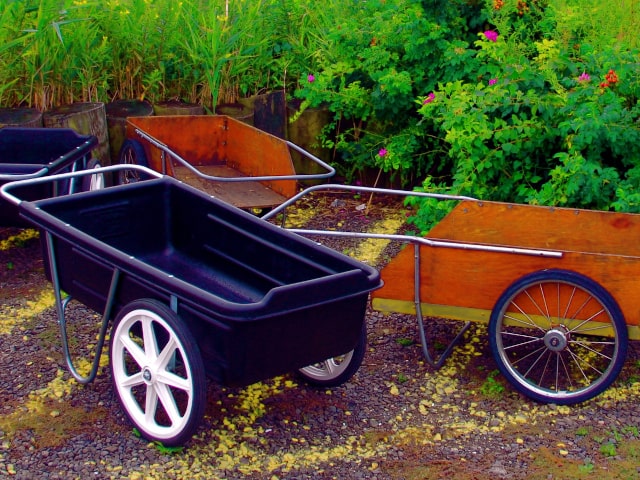
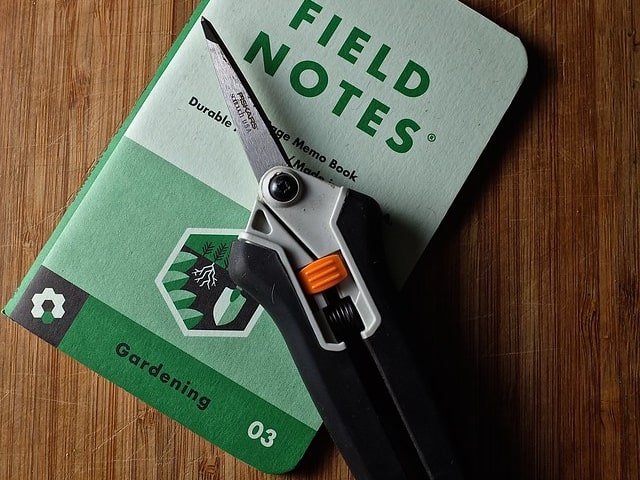
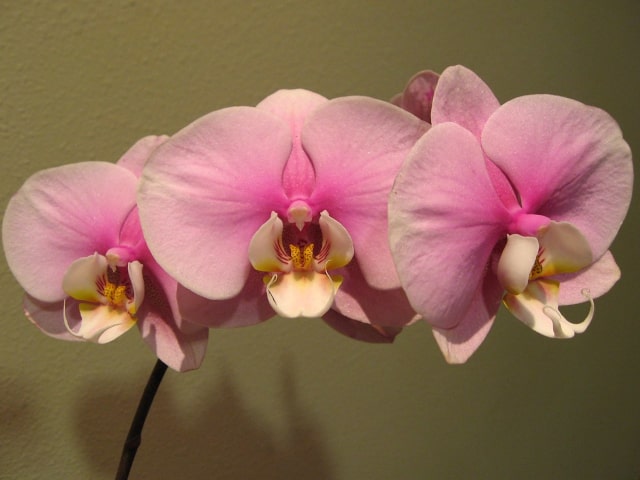
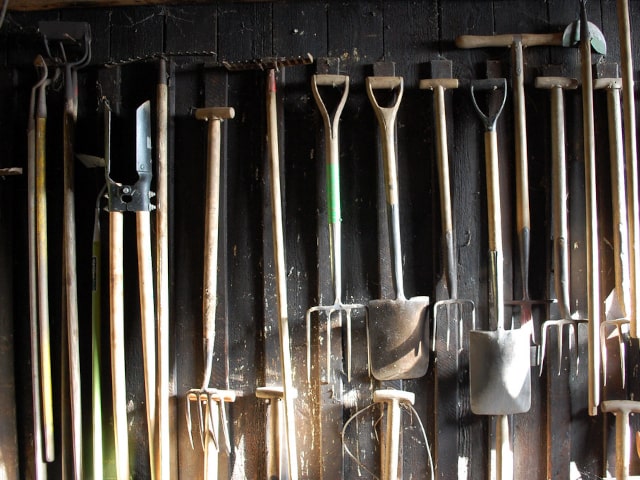
0 Comments